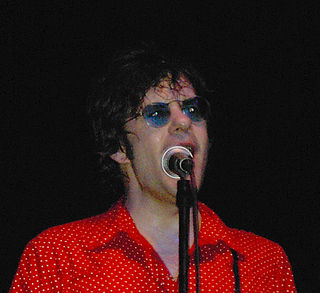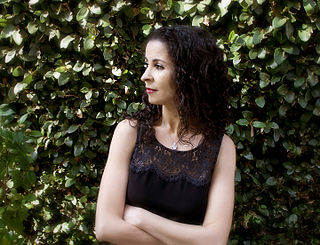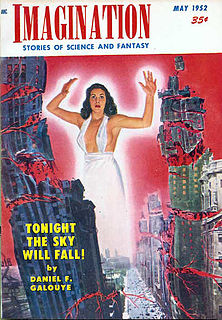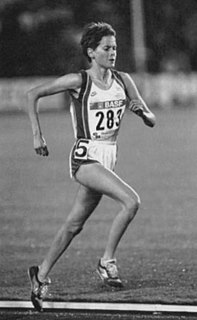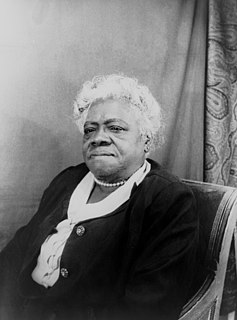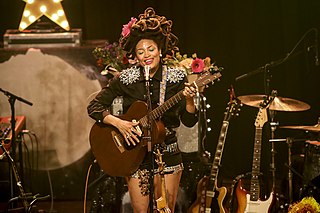A Quote by Damon Galgut
Rian Malan was one of the first younger writers to perceive and write about a darkness in the South African psyche that goes deeper than mere politics. To some extent, that's my territory, too.
Related Quotes
Some writers find that they don't know their themes until they've finished the first draft (I am one). They then rewrite with an eye toward balancing on that tightrope: not too contrived, not too rambling; does what I'm saying about the world below me actually add up to anything? Other writers pay attention to these things as they write the first draft. Either way, an awareness of the macro and micro levels of theme can provide one more tool for thinking about what you should write, and how.
Writers often have a 'drunk' that is different than anyone else's. That's why it's so insidious and so damning. First of all, because they can write when they're drinking - or they think they can. A lot of writers will tell me - and this is the latest one I've heard - you drink while you're thinking about what to write, but when you actually write, you sober up.
We do not have a South African as a member of the African Commission. The President of the Commission comes from Mali, the Deputy comes from Rwanda and then we have got all these other members, ordinary commissioners. There is no South African there. And the reason, again, for that is not because we didn't have South Africans who are competent.
The newspapers, I perceive, devote some of their columns specially to politics or government without charge; and this, one would say, is all that saves it; but as I love literature and to some extent the truth also, I never read those columns at any rate. I do not wish to blunt my sense of right so much.









